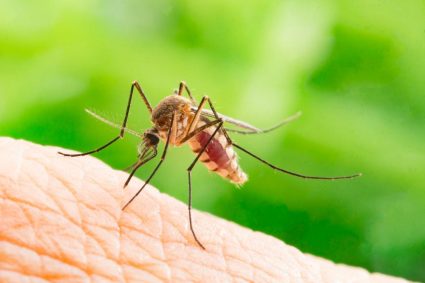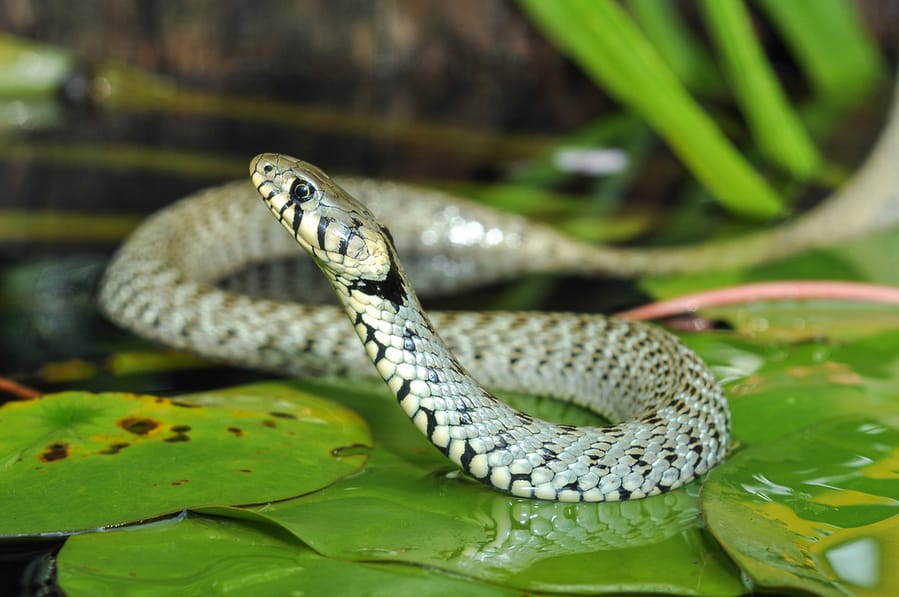
Do you want to know how to keep water snakes from your property?
Are water snakes annoying you, and you wish to keep them away?
Look nowhere else! This article will teach you how to effectively get rid of water snakes.
Water snakes, also known as aquatic snakes, are frequent occupants of freshwater areas like ponds, lakes, and rivers.
Although they are normally not venomous and do not attack people, many people nevertheless desire to keep them away from their property for various reasons.
Here are some methods for keeping water snakes away from your property:
- Eliminating food sources and using plants that repel snakes.
- Obstructing access to the area and using a snake-proof barrier.
- Using repellents and altering the habitat, securing entry points.
- Maintaining the property’s cleanliness and upkeep.
- Trapping.
It is always advisable to call a professional pest control agency if you have a snake problem to handle the situation appropriately.
There are several ways to keep water snakes at bay. However, while these techniques may be successful at scaring away snakes, it is crucial to remember that they do not ensure snakes will not be present on your property.
10 Top Ways To Keep Water Snakes Away

Water snakes are crucial to their ecology and should not be killed or injured.
It is preferable to discourage them than to hurt them.
Below are 10 effective ways to keep water snakes away:
1. Remove Food Sources
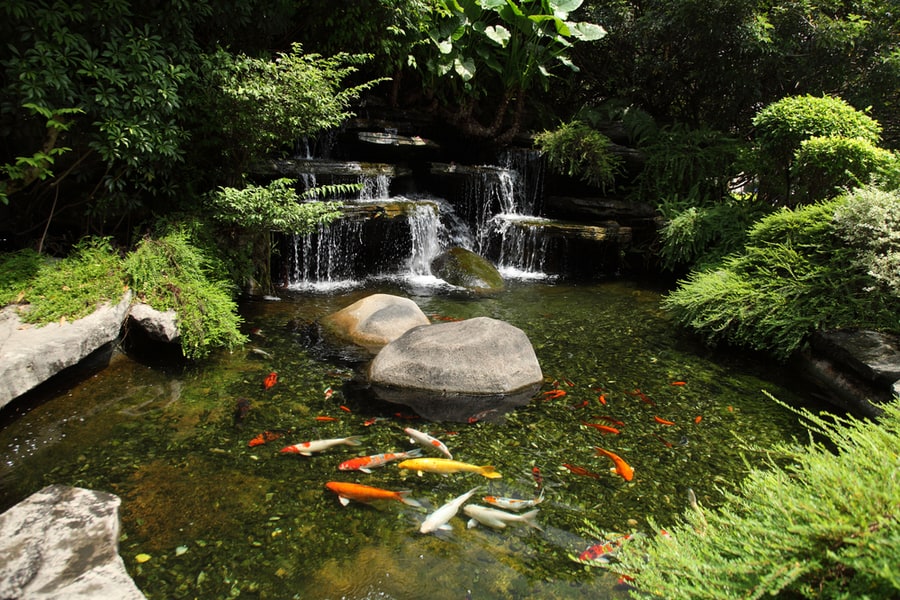
Fish and frogs are two common sources of food for water snakes. Water snakes are attracted to areas where such food is abundant.
By getting rid of or lowering the amount of fish and frogs in the area, you can make the area less alluring to snakes.
It can be achieved by building a barrier or fence around a pond or lake to keep fish in or by reducing the number of frogs in the area by removing standing water or other breeding sites.
2. Block Access to the Area
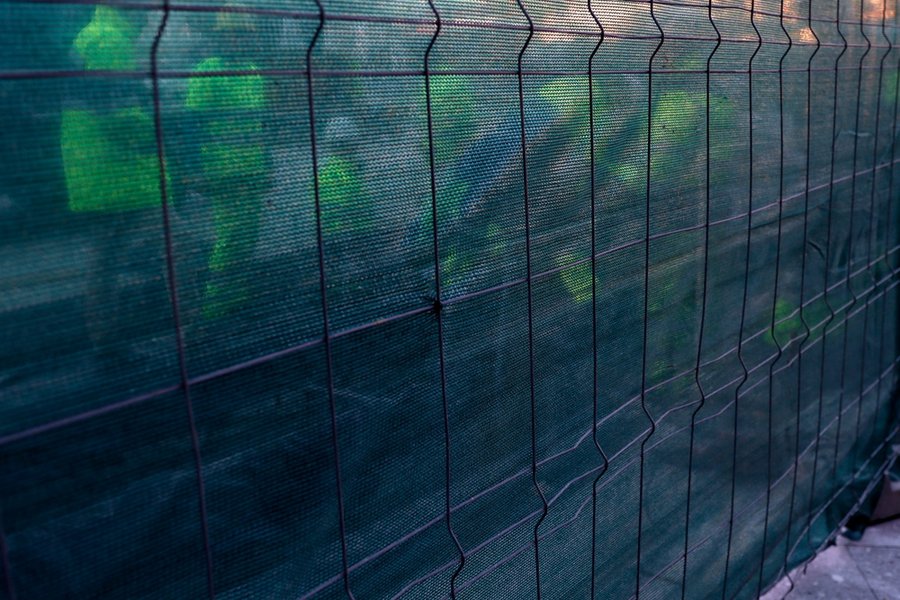
Preventing access to the area can help keep water snakes away because they require access to water to survive.
It can be done by installing a fence or other barrier around a pond or lake or filling in low-lying places like ditches that snakes might use as a water source.
3. Use Repellents
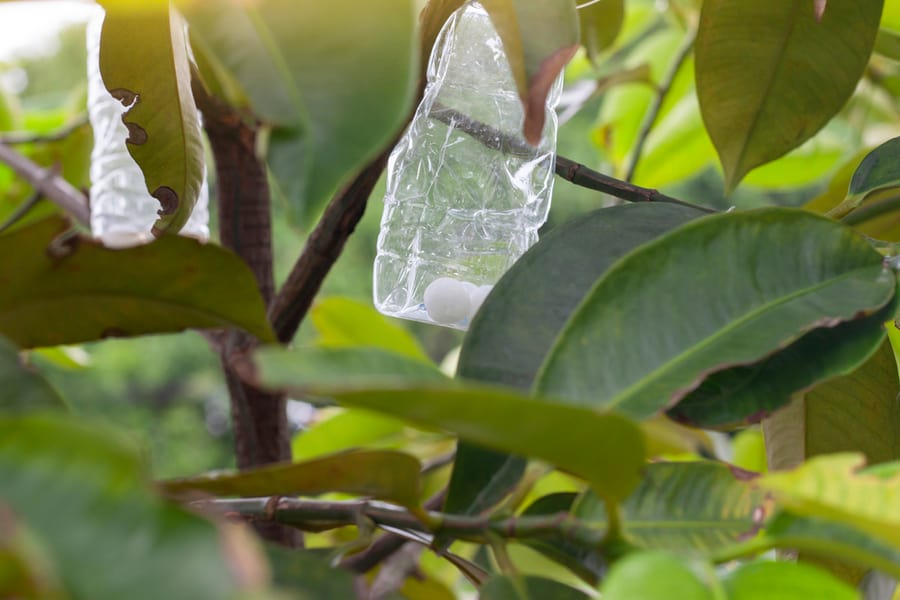
You can use snake repellents to ward off snakes, such as those made of sulfur or naphthalene.
However, there is little evidence to support these repellents’ usefulness, and most researchers think they are ineffective.
Snake repellents should not be utilized as the main technique of snake management because they might only provide a temporary fix.
4. Keep Pets Indoors

Since outdoor pets may serve as a food source for snakes, they may draw them to your property.
Reducing the number of snakes on your property can be achieved by keeping your pets inside or keeping an eye on them when they are outdoors.
5. Use Plants That Deter Snakes

Some plants have potent aromas that dissuade snakes. They include:
- Marigold
- Lemongrass
- Wormwood
Planting these plants around the perimeter of your property can deter snakes from entering the area.
You can strategically put these plants across your property by planting them in the ground or pots.
6. Habitat Modification
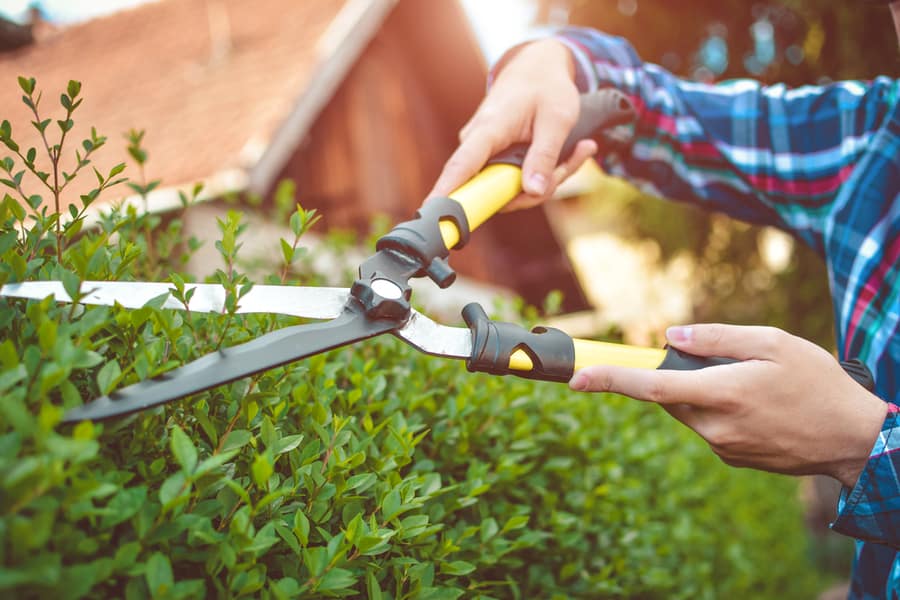
Modifying the ecosystem around your property makes it less attractive to snakes and can deter them from congregating there.
To lessen the amount of cover available to snakes, cut down bushes and long grass and remove the rubbish.
Snakes will find it more difficult to hide, decreasing the likelihood that they will remain on your property.
7. Trapping
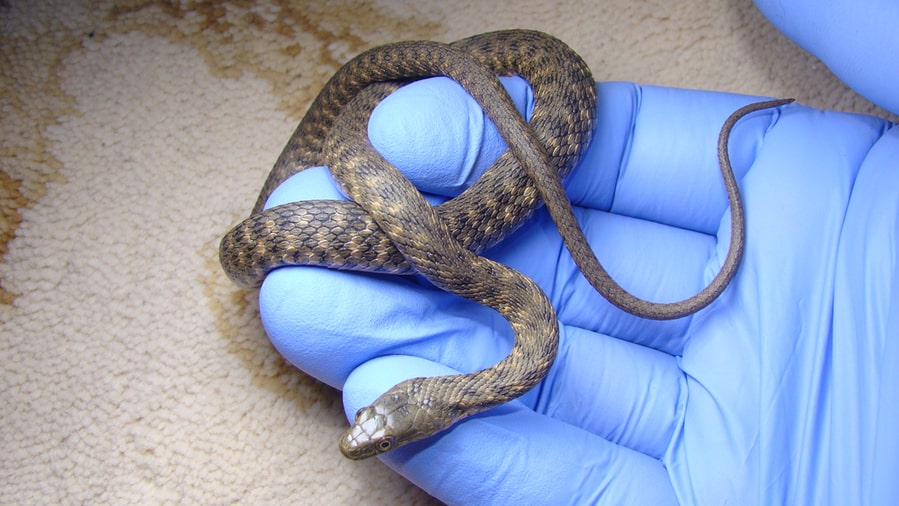
Trapping successfully removes water snakes on your property, but experts should only carry it out.
Trapping entails catching the snake in a cage trap so it can be safely removed from the area.
It is vital to remember that trapping is not a preventive measure. Rather, it is a way to get rid of snakes on your property.
8. Keep the Property Clean and Well-Maintained

Keep the property tidy and well-maintained since snakes are drawn to crowded or overgrown places.
By keeping the property clean and maintained, you may be able to deter snakes from congregating there.
Removing tall grass and weeds, which may serve as a food source for insects that snakes may eat, as well as mounds of leaves, wood, or other garbage, are all examples of this.
Snakes will also find it more difficult to crawl about undetected if the lawn is mowed and the bushes are pruned.
9. Seal off Entry Points

Snakes can infiltrate structures through small openings, such as cracks in the foundation or spaces around windows and doors. They can squeeze through tiny holes.
It is crucial to look for any openings on the building’s exterior and cover them with expanding foam or silicone-based caulking.
10. Use a Snake-Proof Barrier
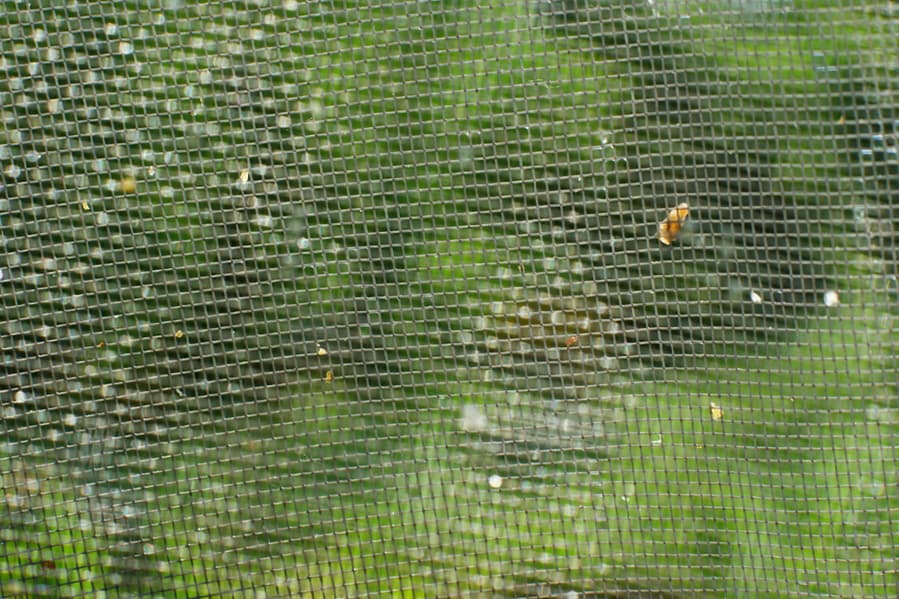
Using a snake-proof barrier to create a physical barrier around a certain location, such as a pond or lake, is another way to keep snakes out.
These barriers are normally made of mesh or other strong materials and can be buried underground to prevent snakes from digging under them.
It is important to ensure that the barrier is at least 2 feet high and reaches 18 inches underground.
Conclusion
The most effective ways to keep water snakes away are to eliminate sources of food and block access to the area.
Trapping and habitat modification are other viable options but should be done by professionals.
Snake repellents are not proven effective and should not be used as the primary method of snake control.
Frequently Asked Questions
Can I Trap Water Snakes on My Property?
Trapping is a good way to remove water snakes from your property, but only a professional should do it. It entails catching the snake in a cage trap so it can be safely removed from the area.
What Are Some Efficient Strategies To Prevent Water Snakes From Entering the Area?
There are various effective strategies to prevent access to the area for water snakes. The two main ones are:
- Installing a fence or barrier around a pond or lake.
- Filling in any ditches or low-lying areas that snakes might utilize as a water source.

